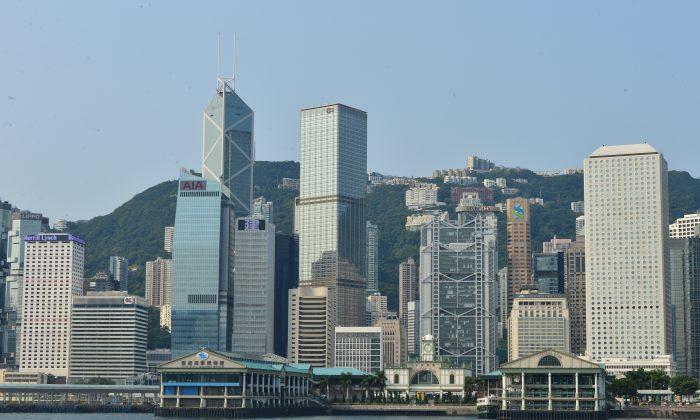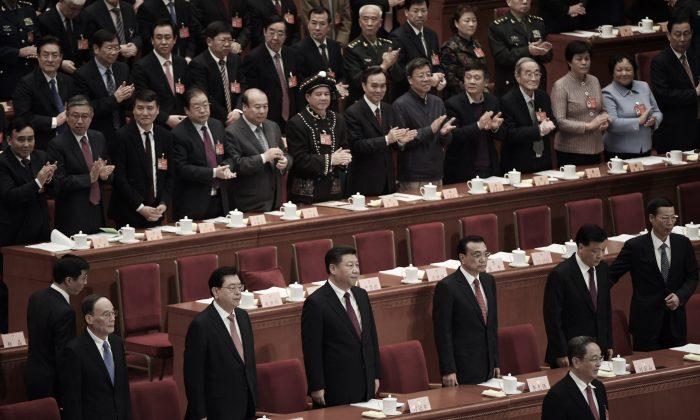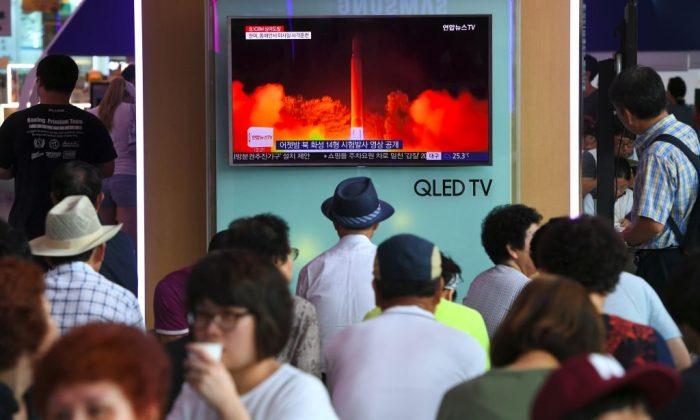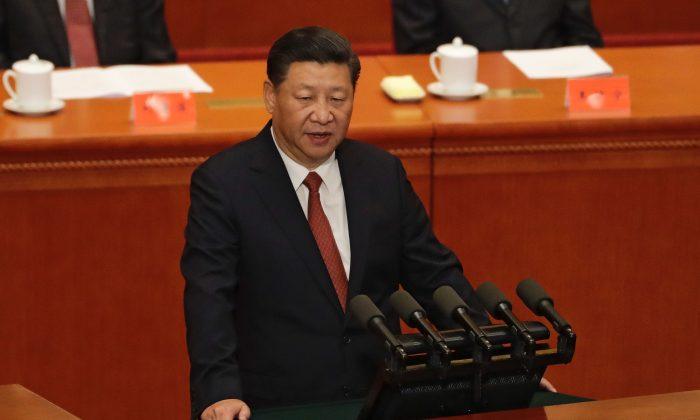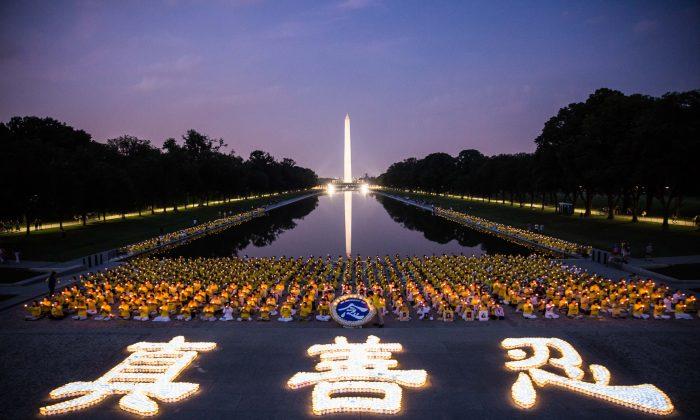Hong Kong’s retail sales improved during the second month of a 79-day long street occupation by pro-democracy demonstrators, defying naysayers.
According to official government figures, Hong Kong’s November retail sales value rose 4.1 percent year-on-year to HK$41.3 billion ($5.3 billion), contrary to the expected 0.2 percent contraction from 1.4 percent in October. The increased retails sales came at a time when the Occupy pro-democracy protests were in full swing.
A government spokesman attributes the better-than-expected overall sales figures to greater consumer desire and increased tourist arrivals in November.
Apple’s new iPhone 6 models helped boost consumer durables to a 14.6 percent year-on-year growth, while sales of miscellaneous durable goods, including smartphones, grew 35.4 percent, according to the Census and Statistics Department numbers.
Supermarket sales rose to 3.5 percent and department stores grew 4.9 percent. Sales of cosmetics and medicine also rose 10.3 percent.
The luxury goods category—watches, jewelery, valuable gifts—continued to slump with a 2 percent drop from last year, following a 11.6 percent fall luxury goods sales in October.
Analysts suggest poor luxury goods sales is due to Chinese leader Xi Jinping’s anti-corruption drive stopping mainland high officials, military officers, and civil servants from splurging, and not a direct effect of the Umbrella Movement protests.
Mainland tourists, however, are still arriving in droves to Hong Kong and driving retail sales.
November saw a 24 percent year-on-year increase of Chinese tourists, according to government figures. That amounts to more than 4.1 million mainland visitors, and accounts for 78 percent of all tourist arrivals. This is a step up from the 18.3 percent rise in mainland tourists in October.
The surge in Chinese tourists belies the Chinese regime’s threat to stop mainland Chinese from entering Hong Kong, a move that would hurt the economy of the semiautonomous southern Chinese city.
“We haven’t seen major impacts from the Occupy campaign on tourists’ interest in Hong Kong except in early October shortly after it broke out,” said Andy Kwan Cheuk-chiu, an independent economist, to the Hong Kong Standard.
Kwan also predicts a 4 to 5 percent growth in retail sales in December.
Scaremongering?
Going by government figures and analyst predictions, the Occupy protests has barely affected Hong Kong’s economy.
However, the authorities have constantly stressed throughout the nearly three month street occupation that unless the pro-democracy demonstrators stand down, the city’s economy could see lasting damage.
“I am worried that, as the protests and political disputes go on, the consumer market will be further affected, and that the business environment will become more unstable,” said Financial Secretary John Tsang on Dec. 1, as the authorities prepared to clear the remaining protest sites in Admiralty and Causeway Bay.
Tsang added he was “definitely not scaremongering” about the Occupy protests’ impact on the city’s economy.
The Hong Kong government could be spot on because the Umbrella Movement did not end when police evicted protesters from Causeway Bay. Protesters simply transitioned from static occupation to an on-going, flash-mob style “Shopping Revolution” in the commercial neighborhood of Mong Kok.
Official retails sales numbers for December are also not yet out.
But based on available financial data for the first two months of street occupations, the Hong Kong government could have been overstating the economic damage caused by the Umbrella Movement when protests were at its peak.
